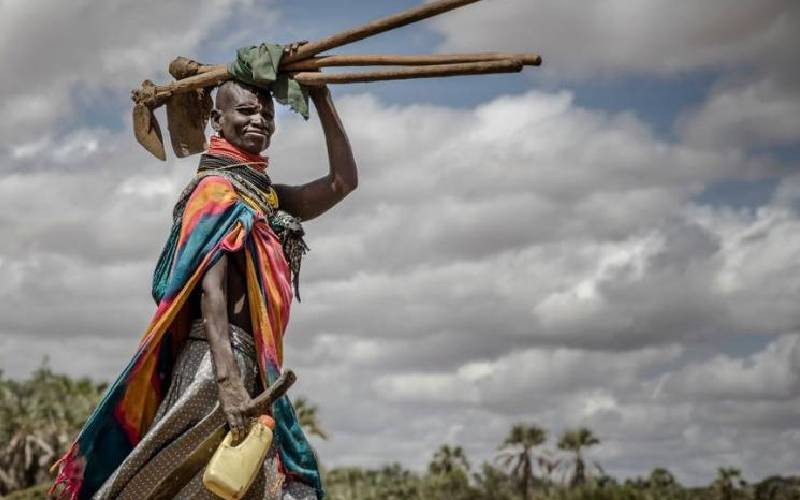×
The Standard e-Paper
Join Thousands Daily

Imagine this: It's August 2027 and thousands of Kenyans are cheering as a new president is sworn in after gruelling political campaigns. But unlike other times, this time around the new president is a woman.
Is that possible in Kenya? What would it take to have a woman president in Kenya?